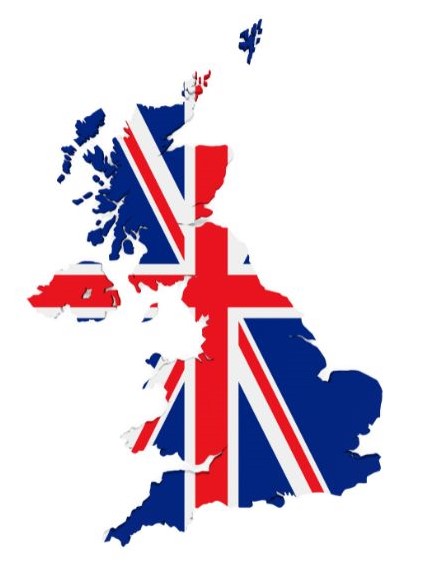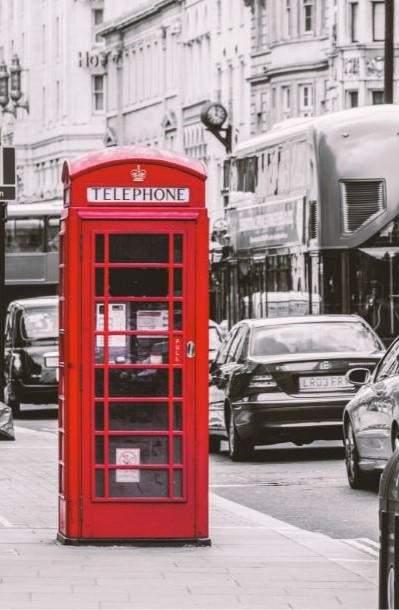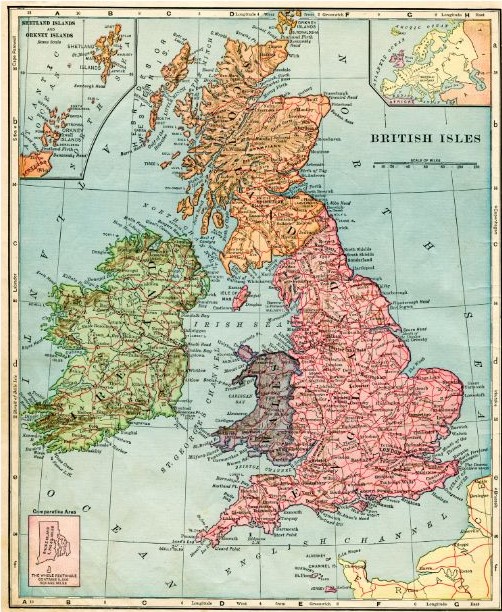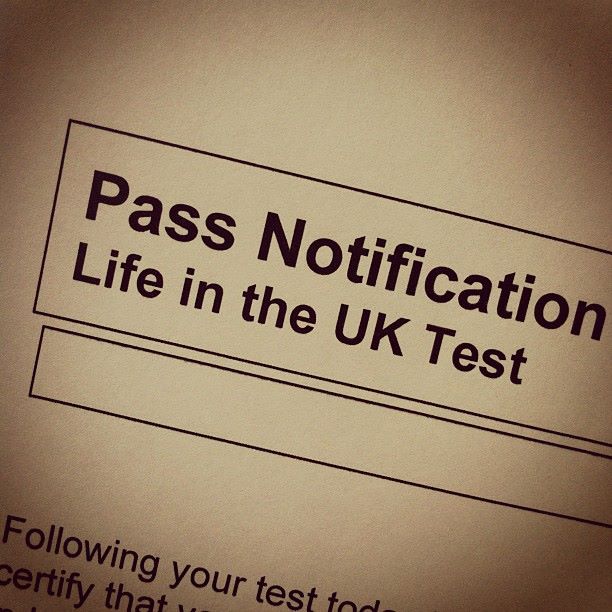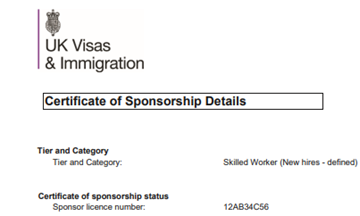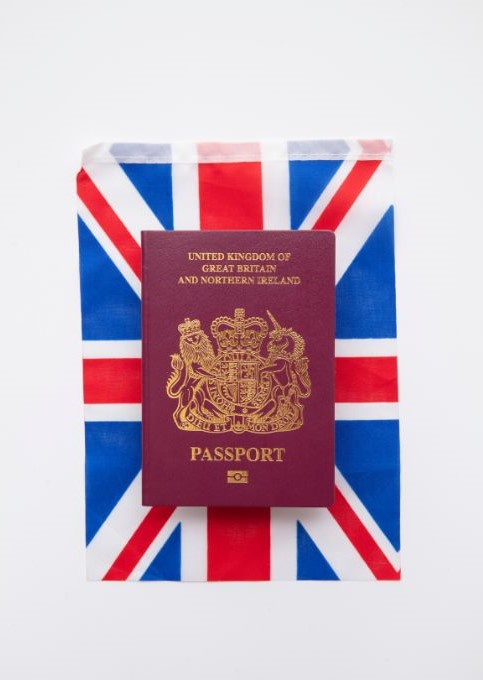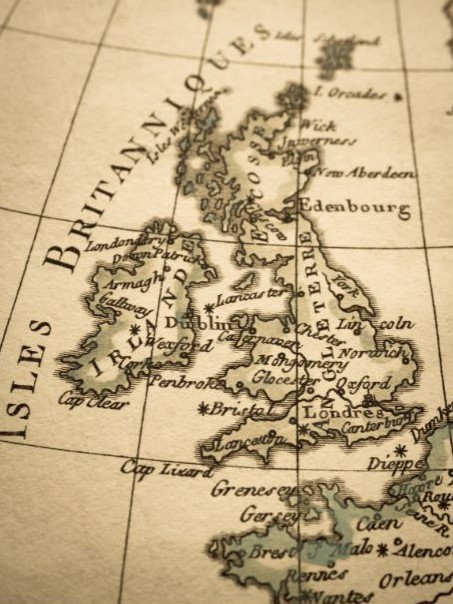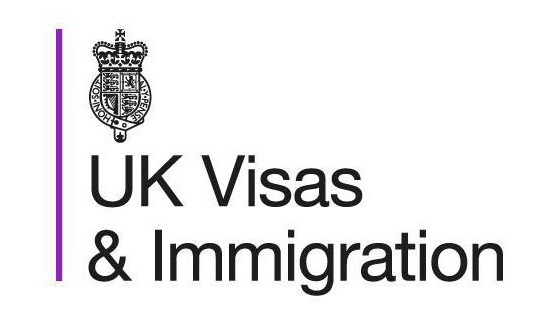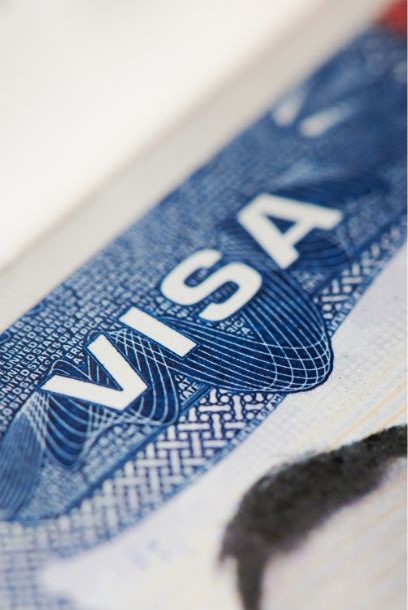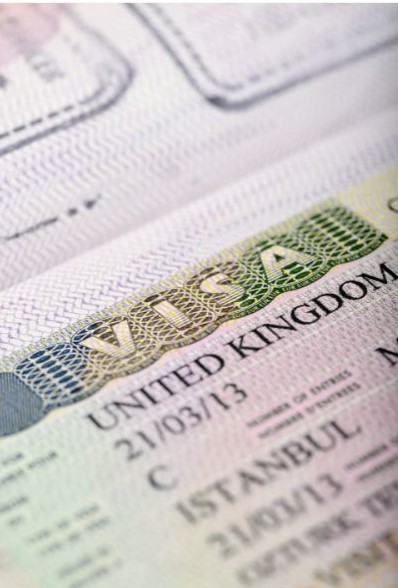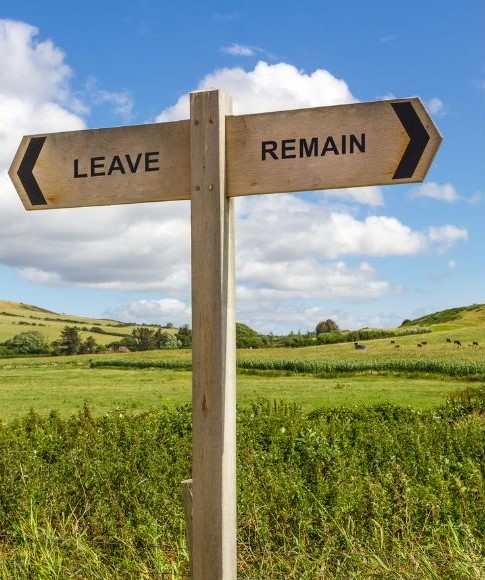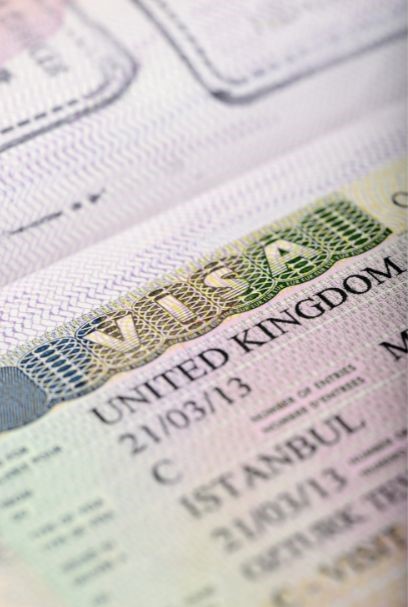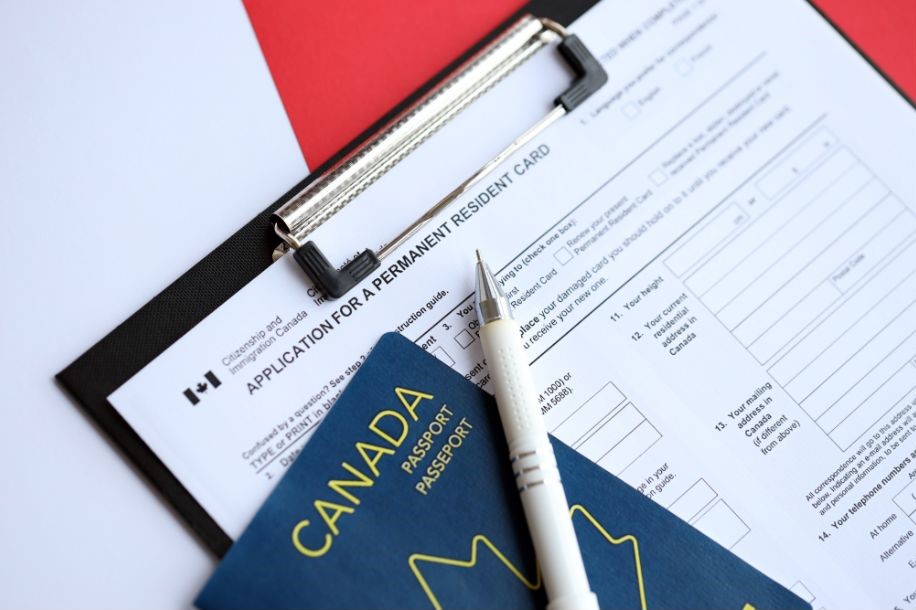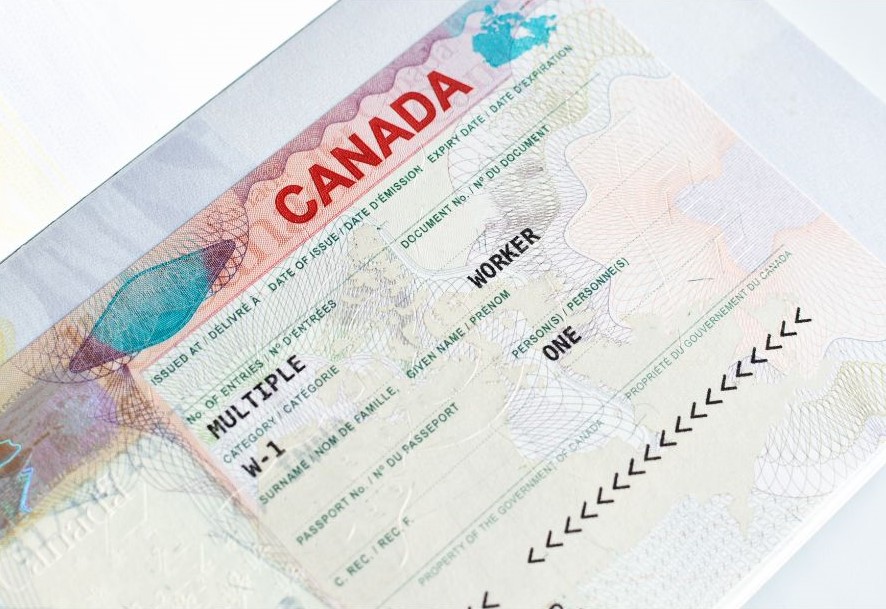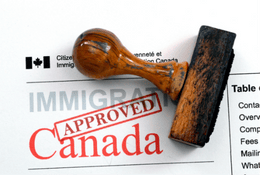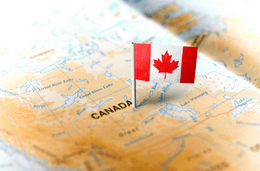UK Dual Nationality and Multiple Citizenship
Exploring UK Dual Nationality: A Guide to British Citizenship

Dual nationality, also known as dual citizenship, is a legal status that allows an individual to simultaneously hold citizenship in two countries. For many, this status opens doors to unique opportunities, but it also brings complexities that require careful navigation. This guide will explore the intricacies of UK dual nationality and multiple citizenships, including eligibility, benefits, challenges, and real-life examples.
What is UK Dual Nationality?
In the UK, dual nationality occurs when an individual holds citizenship in the UK and another country. Unlike some countries that require individuals to renounce previous citizenship, the UK permits dual and even multiple citizenship. This status can provide significant advantages, such as:
- Simplified travel between countries.
- Expanded employment opportunities.
- Access to healthcare, education, and social services in both nations.
- The ability to participate in cultural and political life in multiple countries.
How to Acquire UK Dual Citizenship
There are four primary routes to acquiring dual citizenship in the UK:
- By Descent: If at least one parent is a British citizen, you may automatically qualify for citizenship by descent.
- By Birth: Individuals born in the UK may qualify, depending on their parents' immigration status at the time of birth.
- By Marriage: Spouses of British citizens can apply for citizenship after obtaining indefinite leave to remain (ILR) and meeting residency requirements.
- By Naturalisation: Those who have lived in the UK for a qualifying period and meet other criteria can apply for British citizenship through naturalisation.
What About Multiple Citizenships?
A common question is: "How many citizenships can you have?" The answer largely depends on the laws of the countries involved. While the UK imposes no limit on an individual's number of citizenships, many countries do not allow dual or multiple citizenships. For example:
- Permissive Countries: Canada, Australia, and France allow dual or multiple citizenships without restrictions.
- Restrictive Countries: Japan and India typically require individuals to renounce their original nationality upon acquiring another citizenship.
Understanding these restrictions is important to avoid unintended consequences.
Benefits and Challenges of Dual or Multiple Nationality
Benefits:
- Greater Mobility: Easier travel and visa-free access to more countries.
- Economic Opportunities: Access to work in multiple jurisdictions.
- Cultural Enrichment: Stronger ties to multiple heritages.
Challenges:
- Tax Obligations: Dual citizens may be subject to tax laws in both countries.
- Legal Conflicts: Different legal obligations, such as military service or voting requirements.
- Diplomatic Protections: Limited consular support if both countries claim jurisdiction.

Case Studies
Case Study 1: European National with UK Dual Nationality
Maria, born in Italy to a British mother, holds dual citizenship. This allows her to freely live, work, and study across the UK and the European Union. For Maria, dual nationality provides a strategic advantage for her career in international law, enabling her to navigate opportunities in both jurisdictions seamlessly.
Case Study 2: Japanese National Facing Dual Citizenship Restrictions
Hiroshi, originally from Japan, acquired British citizenship after living in the UK for several years. However, under Japan’s Nationality Act, he had to renounce his Japanese citizenship within two years of becoming a British citizen. Hiroshi chose to retain his British citizenship to continue his established life in the UK, although this meant losing certain privileges in Japan. His story highlights the challenges of navigating restrictive nationality laws.
The Process of Acquiring Dual Citizenship in the UK
Step 1: Verify Eligibility
Determine your eligibility for dual citizenship through descent, birth, marriage, or naturalisation.
Step 2: Prepare Documentation
Gather documents, such as birth certificates, proof of residence, and evidence of parental citizenship if applying by descent.
Step 3: Submit Your Application
Complete the online application form, pay the required fees, and provide all supporting documents.
Step 4: Attend the Citizenship Ceremony
If approved, attend a ceremony where you will take the Oath of Allegiance and officially become a British citizen.

Conclusion: Broaden Your Horizons with UK Dual Nationality
Acquiring UK dual nationality or multiple citizenships can be a transformative experience, offering personal, cultural, and professional enrichment. However, the process requires careful navigation to meet legal requirements and avoid potential pitfalls.
Immtell specialises in guiding clients through the complexities of dual nationality and multiple citizenships. Whether you're tracing your ancestry or planning to naturalise, we’re here to help.


